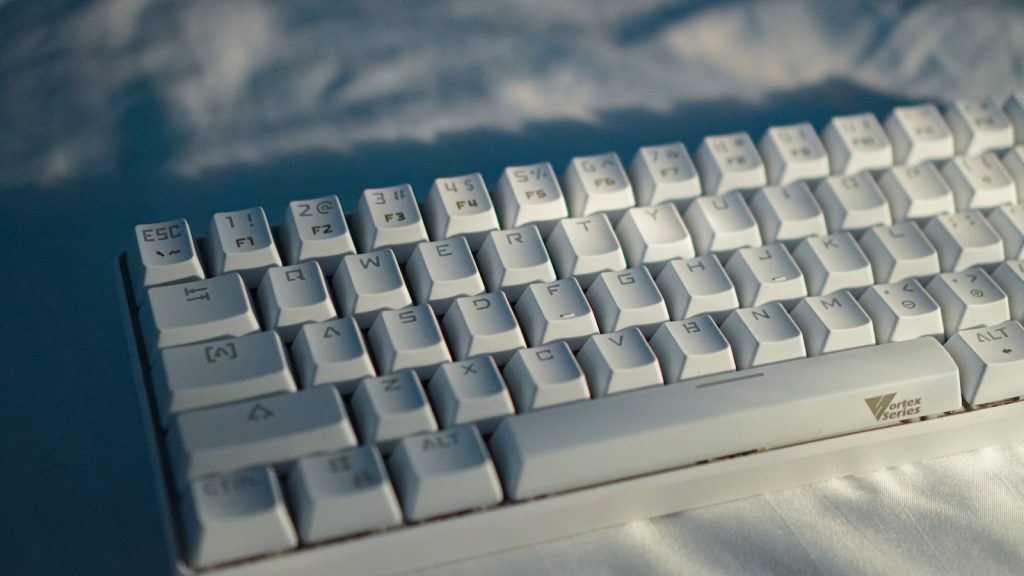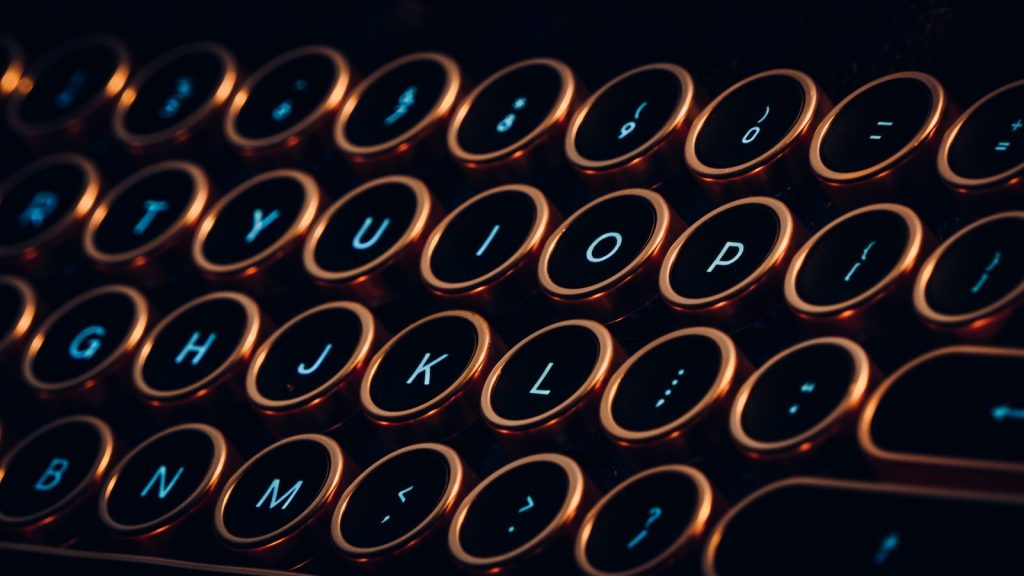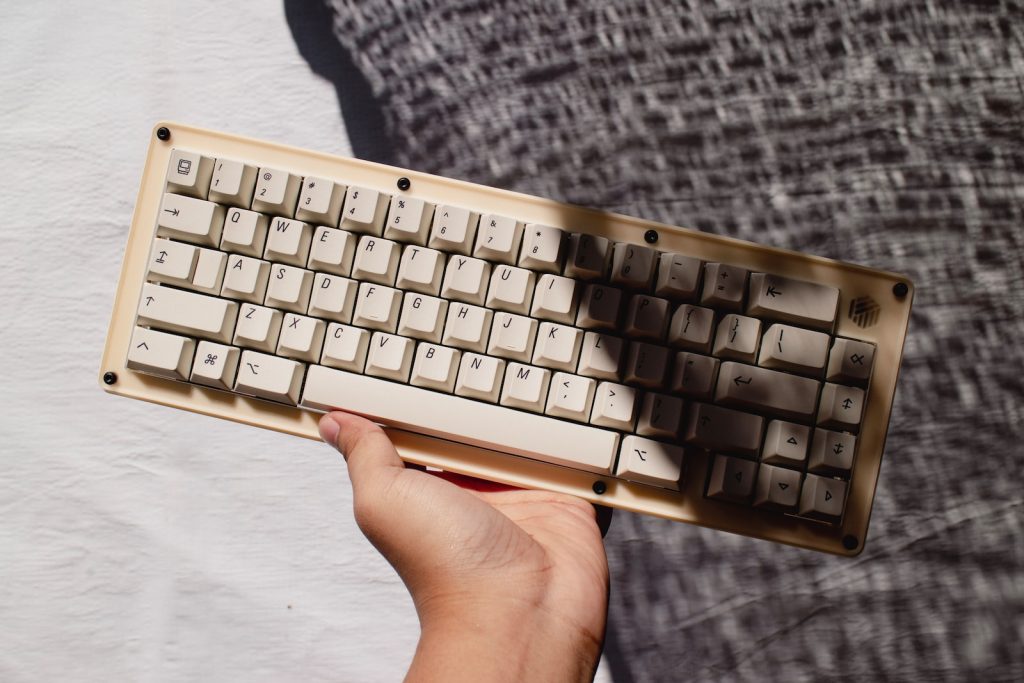As the world of technology continues to evolve, enthusiasts and professionals alike often find themselves pondering, “Are mechanical keyboards truly worth the investment?” Through a detailed cost-benefit analysis, we aim to unpack this question and delve deep into the mystique of mechanical keyboards.

Mechanical vs Membrane Keyboards: The Basics
Before diving into the intricate cost-benefit details, let’s lay down the groundwork. Most users might be familiar with membrane keyboards, which operate with pressure pads laid over a membrane layer, resulting in a softer, often described as “mushy”, keypress.
Mechanical keyboards, on the other hand, stand distinct with individual switches beneath each key. These switches provide tactile feedback, sometimes even producing a satisfying ‘click’ sound.
Mechanical Keyboard Advantages:
- Consistency: Each keypress offers a uniform response, promoting a seamless typing experience.
- Durability: Mechanical keyboards often boast a lifespan of over 50 million keypresses for each key, ensuring longevity.
- Customizability: With choices ranging from switch types to backlight options, users have the freedom to tailor their keyboards to personal preferences.
Evaluating the Investment: What Goes into the Price Tag?
At first glance, the price of mechanical keyboards might seem steep, especially when compared to traditional membrane keyboards. But what exactly contributes to this price differential?
- Quality of Materials: Mechanical keyboards are constructed using high-grade materials, often consisting of robust plastics or metals.
- Switch Integrity: The essence of a mechanical keyboard lies in its switches. These components are not only intricate but are also designed to withstand extensive usage.
- Advanced Features: Enhanced features like RGB lighting, programmability, dedicated media keys, and sometimes even software integration, play a role in the elevated cost, but also elevate the user experience.
Mechanical Keyboard Typing Experience and Potential Productivity Gains
It’s not just about the looks or the feel; it’s about the tangible benefits that might come with transitioning to a mechanical keyboard.
- Speed and Accuracy: The tactile feedback and audible click can increase typing speed and reduce errors, proving invaluable for writers, coders, or any frequent typist.
- Ergonomics: Many mechanical keyboards emphasize ergonomics, leading to reduced strain during extended typing sessions.
- Versatility: The adaptability of mechanical keyboards, especially with Mechanical Keyboard Switch Types, allows users to choose a keyboard that aligns with their usage, be it gaming, typing, or design.
Maintenance and Long-Term Costs
Like any investment, it’s essential to consider the upkeep. Mechanical keyboards can require occasional cleaning or even switch replacements. However, given their extended lifespan and robust build, they often outlast multiple membrane keyboards, potentially offering better Mechanical Keyboard ROI (Return on Investment) in the long run.

The Environmental Impact: Mechanical vs. Membrane
Another angle to consider in this analysis is the environmental footprint. In an era where sustainability matters, it’s essential to evaluate the environmental impact of our tech choices.
- Lifespan and Waste: Mechanical keyboards, given their long-lasting nature, might reduce the frequency of replacements, thereby decreasing electronic waste. On the contrary, the shorter lifespan of membrane keyboards could lead to more frequent replacements and, consequently, more waste.
- Materials: Mechanical keyboards, while built from high-quality materials, may also utilize more plastic or metal in their construction. However, their durability might offset this environmental cost over time.
- Repairs and Parts Replacement: Unlike many membrane keyboards, mechanical ones can often be repaired. Whether it’s a malfunctioning switch or a worn-out keycap, individual components can be replaced without discarding the entire keyboard. This modular approach further reduces waste and promotes sustainability.
Customization: Beyond Just Aesthetics
One of the defining features of mechanical keyboards is the depth of customization they offer:
- Personal Touch: Beyond just the visual appeal of RGB lighting or custom keycaps, users can tailor the tactile feel of their keyboard. Whether you prefer a soft linear press or a clicky tactile bump, mechanical keyboards cater to diverse preferences.
- Software Customization: Advanced models come equipped with software that allows users to remap keys, create macros, and even integrate with other software or games for an immersive experience.
Community and Support
The rise in popularity of mechanical keyboards has fostered a vibrant and active community. This isn’t just about a tool; it’s about a shared passion:
- Forums and Groups: Online platforms, from Reddit to dedicated forums, are bustling with enthusiasts sharing reviews, tips, customization ideas, and troubleshooting advice.
- Meetups and Conventions: In various parts of the world, enthusiasts gather to showcase their unique builds, share insights, and even trade components.
Economic Considerations: A Deeper Dive
When we talk about the worth of an item, it’s not only about its utility but also its economic implications. Let’s evaluate mechanical keyboards from a broader economic standpoint:
- Resale Value: Mechanical keyboards tend to hold their value relatively well. Many enthusiasts often sell or trade their keyboards, leveraging a decent resale value. This factor can help offset the initial cost, making the investment more palatable.
- Market Growth and Competition: With an increasing number of manufacturers entering the mechanical keyboard space, consumers can expect competitive pricing, frequent sales, and more features even in budget-friendly models. The expanding market is beneficial for the consumer’s pocket.
- Peripheral Market: The rise of mechanical keyboards has also fueled a secondary market for peripherals like wrist rests, keycap sets, and customized cables. These can add to the overall cost but also offer opportunities for personalization and ergonomic improvements.
Health and Wellness Implications
Beyond tangible benefits, mechanical keyboards might offer intangible gains concerning health and comfort:
- Reduced Fatigue: The tactile feedback and audible click can reduce the force required per keypress, potentially lessening hand fatigue during long typing or gaming sessions.
- Ergonomic Designs: Several mechanical keyboards prioritize ergonomic designs, which can be beneficial for wrist and hand health. Angled layouts, split designs, or tented setups can lead to a more natural hand posture, possibly preventing repetitive strain injuries.
Broadening Horizons: Mechanical Keyboards in Different Professions
While gamers and writers might be the most vocal advocates, the benefits of mechanical keyboards span various professions:
- Designers and Artists: Hotkeys and macros can streamline workflows, offering shortcuts for frequently used tools and actions.
- Programmers: A reliable keyboard can make coding sessions more efficient. Some keyboards even offer programmable layers, allowing users to tailor their keyboard layouts precisely to their coding needs.
- Video and Audio Editors: The tactile response can provide a more accurate and comfortable editing experience, especially during prolonged sessions.

Conclusion
In summing up, mechanical keyboards present a fusion of durability, customization, and enhanced user experience when compared to traditional membrane alternatives. With considerations spanning economic value, potential health benefits, and a vibrant supporting community, they cater to a diverse array of professionals, from gamers to programmers. The environmental edge, characterized by their longevity and repairability, also adds to their appeal.
While the initial investment may be higher, the long-term benefits, both tangible and intangible, make them a compelling choice for many. Ultimately, the decision lies in individual priorities, but the multifaceted advantages of mechanical keyboards are undeniably persuasive.
Frequently Asked Questions (FAQs)
1. What are the main advantages of mechanical keyboards over membrane keyboards?
Mechanical keyboards offer consistent tactile feedback, enhanced durability with lifespans often exceeding 50 million keypresses, and a high degree of customizability. They also generally provide faster typing speeds, reduced errors, and an overall superior typing experience compared to membrane keyboards.
2. Why are mechanical keyboards more expensive?
The cost of mechanical keyboards reflects the high-quality materials used in their construction, the intricate design of the individual switches beneath each key, and advanced features like programmability, RGB lighting, and dedicated media keys.
3. How do mechanical keyboards contribute to productivity and ergonomics?
The tactile feedback from mechanical keyboards can increase typing accuracy and speed. Many models emphasize ergonomic design, leading to reduced hand and wrist strain during extended typing sessions. This makes them a favorite among professionals like writers, designers, and programmers.
4. Can mechanical keyboards be customized?
Absolutely! Mechanical keyboards offer vast customization options. Users can change keycaps, modify switches, adjust backlighting, and even use software to remap keys or create macros, tailoring their keyboard to specific needs or aesthetic preferences.
5. How do mechanical keyboards fare in terms of environmental sustainability?
Due to their durable nature, mechanical keyboards often require less frequent replacement, potentially reducing electronic waste. Additionally, their modular design allows for repair and replacement of individual components, further promoting sustainability and reducing environmental impact.

Experience is what matters at the end!!
Hi! This is Jacob Jay – founder of Keyboardgear.com! From childhood to adulthood, I’ve always remained passionate about IT, and the revolution in this industry, especially gaming on the PC can’t go out of my way. Since I’m an enthusiastic gamer, and I love to experience various gaming accessories, particularly mechanical keyboards, that really boost my gaming adventure manifolds. So, my nerve cells hit me to transfer my experiences into word form and share with others to identify the ideal keyboards perfectly fit for their gaming modes.
I know very well how hard it is to find the high-quality items available on the internet that ought to be exactly the same as seen as on the screen. But the counterfeiters have ruined the user’s trust. As I have passed all such situations, I’m obliged to deliver the genuinity and express the same as what I am saying.
So, now, I’m working on the mission to provide very helpful and frankly but trustworthy reviews and guides about various mechanical keyboards, mouses, and other gaming accessories as per my personal experiences and sound knowledge.
